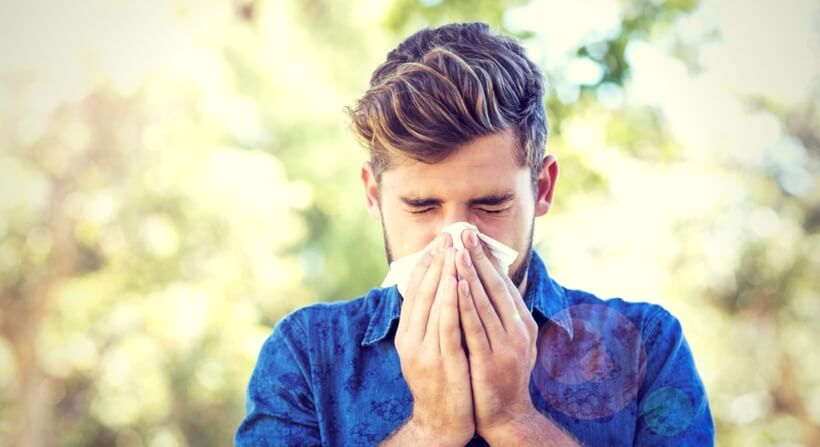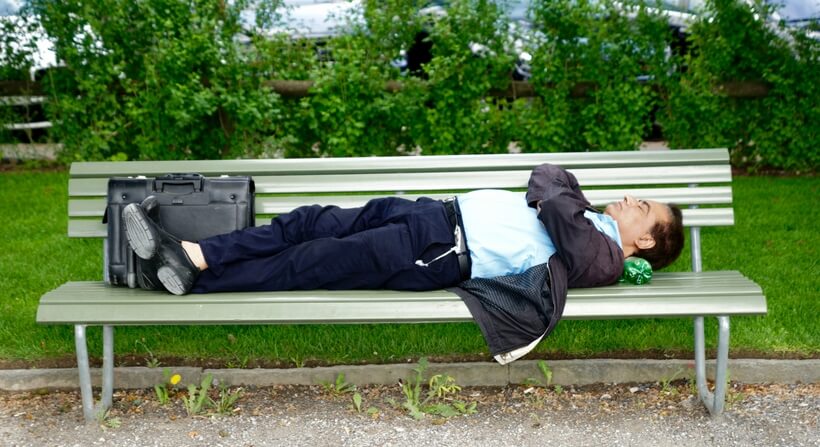
Spring is the time of blooming flower buds and warm sunny days. Unfortunately, for some, it also brings a runny nose, itchy eyes, and disturbing sneezing. This is because of seasonal allergies aka hay fever. But how does one know that they are suffering from the problem in the first place? And what are some of the ways to treat it?
Seasonal Allergies and Symptoms
Seasonal allergies are quite common and often caused by the pollens that are released by the blooming trees and plants, weeds, etc. in the air, especially during the spring season.
Although seasonal allergies begin at a young age, they can affect a person later in their life as well. A person’s sensitivity to pollens also has a lot to do whether they get allergies or not. If their sensitivity is high, then they are at high risk of developing an allergy. If not, then they won’t be affected even if they live in an area where there are a large number of pollens in the air.
The following are some of the most common symptoms of seasonal allergies:
- Itchy and watery eyes
- Runny nose
- Nasal congestion
- Irritability
- Mood swings
- Sleep disorders
- Scratchy throat
Prevention of Seasonal Allergies
A number of things, that a person can do to prevent seasonal allergies altogether or minimize their effects at the very least. These are:
Reducing Pollen Exposure
Avoiding exposure to the pollen is extremely important to keep seasonal allergies at bay. This can be accomplished by:
- Staying inside the house on windy days and preferring to go outside when the air isn’t dry.
- Drying the laundry inside the house as much as possible because the pollen tends to stick to the clothing if hung outside the house.
- Keeping the air conditioning system clean and dirt-free by changing the filters frequently.
- Keeping the windows closed whenever possible (especially when it’s windy outside)
- Cleaning the carpets and curtains occasionally as these can collect dust and pollens over time.
Using Decongestants and Nasal Sprays
If the symptoms of hay fever become more apparent, then a person can use over-the-counter medication such as decongestants and nasal sprays, etc. The majority of oral decongestants such as pseudoephedrine can also offer temporary relief from nasal congestion. The same goes for nasal sprays such as phenylephrine and oxymetazoline, although these must be used only occasionally, for prolonged usage may aggravate the symptoms.
As a preventive measure, a person can also use cromolyn sodium nasal spray when the symptoms are mild. This is because it doesn’t have any serious side effects but can still greatly prevent the hay fever from becoming stronger.
Eating Food with Caution Sprays
Food becomes even more important when it comes to seasonal allergies. This is because certain foods can help with the problem, and then there are some that can make it worse.
Some of the common food items that must be avoided during seasonal changes include peanuts, chocolate, alcohol, bottled juices, processed foods, and the majority of sugar-rich foods. Similarly, some food items that must be consumed as much as possible to help strengthen the immune system and fight pollen attacks include yogurt, raw cheese, apple cider vinegar, and fresh vegetables.
Seasonal allergies, when left untreated or taken lightly, can cause many health-related problems and interfere with the day-to-day activities. Thus, proper care and preventive measures are a must.





About The Author: Ocean Lifecare
More posts by Ocean Lifecare